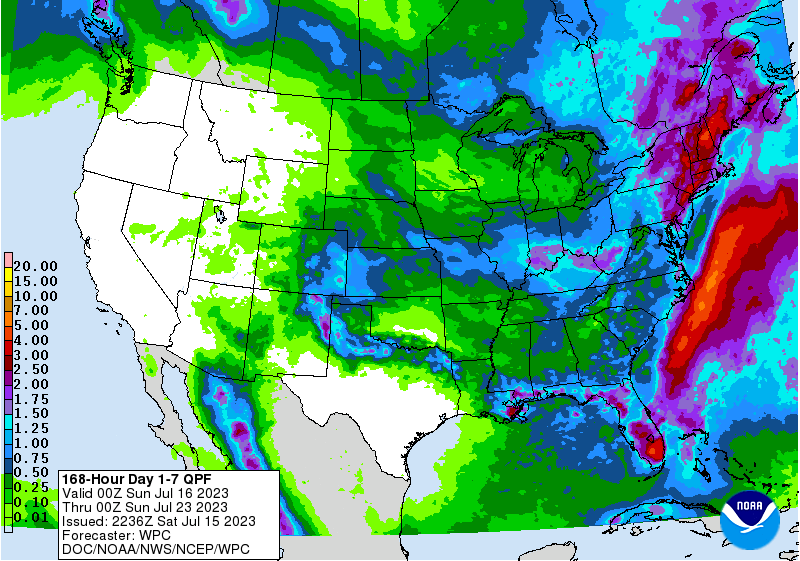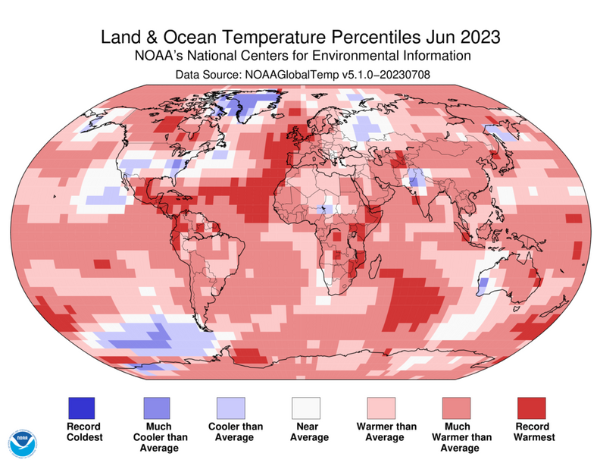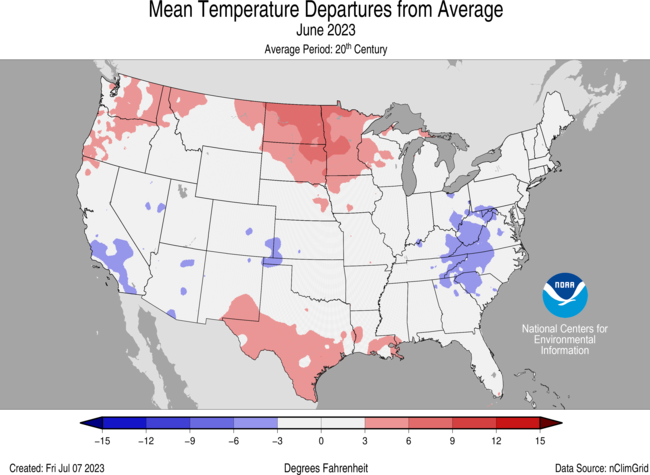-

The latest 7-day QPF map shows that there will be only scattered chances of rain this week as high pressure builds up a dome of hot air over much of the region. Temperatures will be quite warm and only a few scattered storms will provide relief in the form of showers. Week 2 has a…
Posted in: Climate outlooks -

The latest ENSO outlook shows that El Nino is occurring and is expected to continue through at least spring 2024, with at least a 90% chance of lasting through the Northern Hemisphere winter. There is an 81 percent chance it will be a moderate to strong El Nino through the November through January period. You…
Posted in: El Nino and La Nina -

The latest Drought Monitor, released today, shows that drought and abnormally dry conditions have decreased across the northern part of the region but a new area of severe (D2) drought was added to the West Coast of Florida near and south of Tampa as they have been largely missed by recent rains and have experienced…
Posted in: Drought -

NOAA just released their latest monthly climate summary for the world as a whole. It shows that this was the warmest June in record since observations began in 1880. This is due in large part to the unusually warm waters of the Atlantic Ocean and the huge warm pool in the Eastern Pacific Ocean associated…
Posted in: Climate summaries -

The Southeast Farm Press recently asked some cotton specialists around the Southeast about the current state of cotton in their states. All three specialists talked about the low accumulation of degree days this year due to the cold and cloudy weather and the difficulty getting into the wet fields to apply pesticides and other chemicals.…
-

While this summer has been quite pleasant for most of the Southeast for the majority of June, other parts of the country and world have not been so fortunate. Many locations observed very high temperatures sometime during the month, including Puerto Rico early in June, the upper states in mid-June, and Texas in late June.…
Posted in: Climate summaries -

One story that I missed posting about earlier this summer is a new climatological study showing that the area where the most tornadoes occurs is shifting east from the traditional Tornado Alley in Oklahoma and the Southern Plains towards the Southeast. Scientists aren’t sure why this is occurring but link it to a movement of…